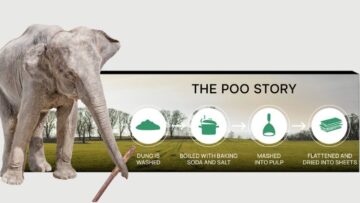
A new programme on promoting sustainability and innovations in the apparel and textile industry, ATTI (Apparel and Textile Transformation Initiative) has recently been launched jointly by the International Textile Manufacturers Federation (ITMF) and International Apparel Federation (IAF). The initiative was launched during a panel discussion in London’s Climate Action Week.
This initiative will aim at incorporating ecological advancements within the global supply chains by empowering manufacturers to take charge. With this announcement, the ATTI program will also include a structured framework for the domestic sector, which will be in coordination with global governance.
The sustainability challenges covered by AATI will include emissions, chemicals, water use and discharge, and waste management, and the program will thereby work as per the comprehensive three phases created in accordance with needs.
The domestic execution will entail setting up of the ATTI Country Chapters, where the national industry associations will lead the Apparel and Textile Transformation Plans, which are tailored according to their local environments. In addition, the oversights will be offered by the ATTI Global Council to leverage the Country Chapters. This will not only work at promoting shared learnings but also maintaining consistency across many regions.
Adding to that, all the tiers of production including brands, manufacturers, policymakers, financial institutions, and civil society will be required to formulate solutions that complement the needs of each country. These solutions will be aimed at being scalable and in tune with the international sustainability objectives.
Phase One will focus on the areas and obstacles that will need addressing in each country, apart from pinpointing activities and accomplishments. Phase Two will be centered around collaborative solutions and Phase Three will follow meticulous implementations. The Phase Three can also trigger investments, technical assistance, and policy frameworks.
With the phases in place, Bangladesh and Turkey have already started testing the Country Chapters led by national industry bodies and the countries are also including insights from brands, government officials, regional experts, in these regions.






